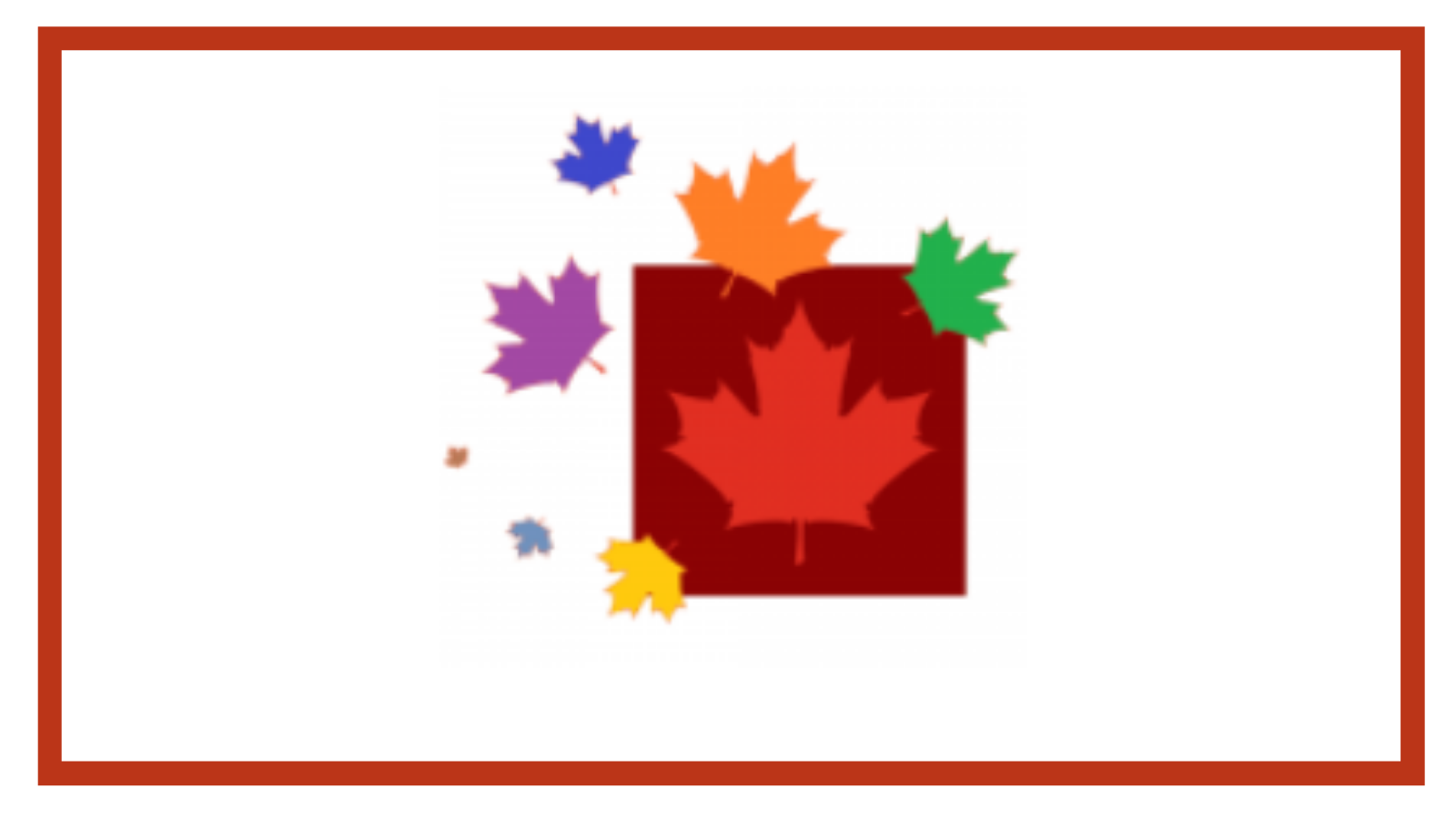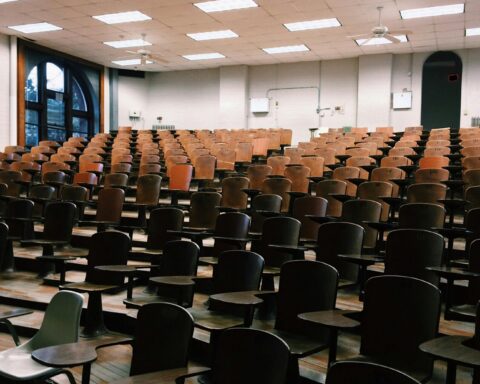While many Americans may be declaring their intent to immigrate to Canada if Donald Trump becomes President, this migratory trend towards the north is not a new phenomenon.
Historically, everyone from runaway slaves to draft dodgers and individuals of the LGBTQ community could be found among the different waves of American migrants coming to Canada. In more recent years, this flow has remained sizeable, with Americans being the sixth-largest source of immigrants in 2013.
Yet, Americans in Canada don’t fit most popular notions of immigrants and public discussions usually portray them as invisible immigrants or “expats.” They also appear to perform economically better than other immigrants, and many are also taking up key positions in the fields of arts, culture, and politics.
Higher cultural-economic capital
There is some belief that this stems from the fact that American immigrants have higher cultural-economic capital than other immigrants. A sector where this is particularly apparent is within Canada’s post-secondary education system.
[A]mongst Canada’s U3 universities (UBC, University of Toronto and McGill University) almost 66 per cent of tenured professors in 2015 were American-trained.
Ongoing research on the changing landscape of academia in Canadian universities by PhD students at the University of British Columbia (UBC), Francois Lachapelle and Patrick John Burnett, has found that among Canada’s U3 universities (UBC, University of Toronto and McGill University) almost 66 per cent of tenured professors in 2015 were American-trained.
Rougher approximation tests conducted by Lachapelle suggest that half (33 per cent) of these are American immigrants.
Effects on Canadian academics
Rima Wilkes, who researches immigration at UBC, suggests looking back to the 1960s to understand the phenomenon of American academics in Canadian universities.
“[That was] when the Canadian university system saw a massive expansion,” she explains. “There weren’t enough Canadian-trained PhDs to fill the jobs. So it made sense to hire people from other countries [such as the U.S.] because we didn’t have the skills base.”
“[N]ow [even though] we have the skill base, in some cases Canadians with PhDs still don’t get those [tenured] jobs.”
Wilkes notes that since then, however, Canadian universities have produced more and more PhD candidates. “So now [even though] we have the skill base, in some cases Canadians with PhDs still don’t get those [tenured] jobs.”
All of this is happening in a context where academic employment in both Canada and the U.S. is becoming more precarious. With the intensification of competition and fewer tenured and economically secure academic jobs in the U.S., aspiring American academics look abroad. Canadian institutions, such as the U3, have been eager to receive them.
Louise Birdsell Bauer, who researches precarity in academia at the University of Toronto, says that the preference of hiring American-trained academics stems “from institutional traditions combined with a growing inequality in prestige and training” between Canadian-trained and U.S.-trained academics.
These factors, Birdsell Bauer explains, do in fact contribute to the “increas[ing] academic precarity for Canadian-trained PhDs,” who face intensified competition with American-trained academic immigrants for these jobs.
‘Colonial inferiority complex’
Other researchers say that the preference and prevalence of American academics in Canadian universities actually speaks to broader attitudes in Canadian academia.
Thomas Kemple is an immigrant from the United States. He has been a professor at UBC for more than two decades and now serves as an executive member of the UBC Faculty Association.
“Canadian universities suffer from a kind of ‘colonial inferiority complex’ where ‘our own’ could never be quite as ‘excellent’ as academics produced in the U.S.”
“In some ways, Canadian universities suffer from a kind of ‘colonial inferiority complex’ where ‘our own’ could never be quite as ‘excellent’ as academics produced in the U.S.,” he says. “We hear versions of this argument from deans and department heads who value degrees from certain U.S. universities over their Canadian counterparts, [and] often without checking the content and quality of the applicant.”
Unlike the experiences of many immigrants who come from regions such as Asia, Africa or Latin America who are unable to turn their credentials into positive labour market performance and economic well-being, academic immigrants from the U.S. sometimes experience the reverse.
Kemple says whether or not the prevalence of American academics in Canadian universities should be an issue of concern is something to think about.
“There has certainly been some discussion in recent years among faculty – but I’ve never heard it among administrators – about whether an affirmative action or diversity policy should be implemented for Canadian-born or Canadian-educated applicants for university positions.”
Wilkes similarly notes that she has seen some discussion around this trend stating “that it is often American-born or trained scholars who are leading this [discussion].”
There is some evidence to suggest that American academic immigrants in Canadian universities appear to be on the statistical upswing.
Lachapelle, who continues his research at UBC, is finding that amongst the U3 and many other Canadian universities there has actually been a “small, but statistically significant increase in the number of American academic immigrants in Canadian universities between 2008 and 2015.”
It seems American academics will continue to come to Canada, regardless of who becomes the next president of the United States.
The writer of this article was mentored by Toronto-based journalist, Ranjit Bhaskar, through the NCM Mentoring Program.




